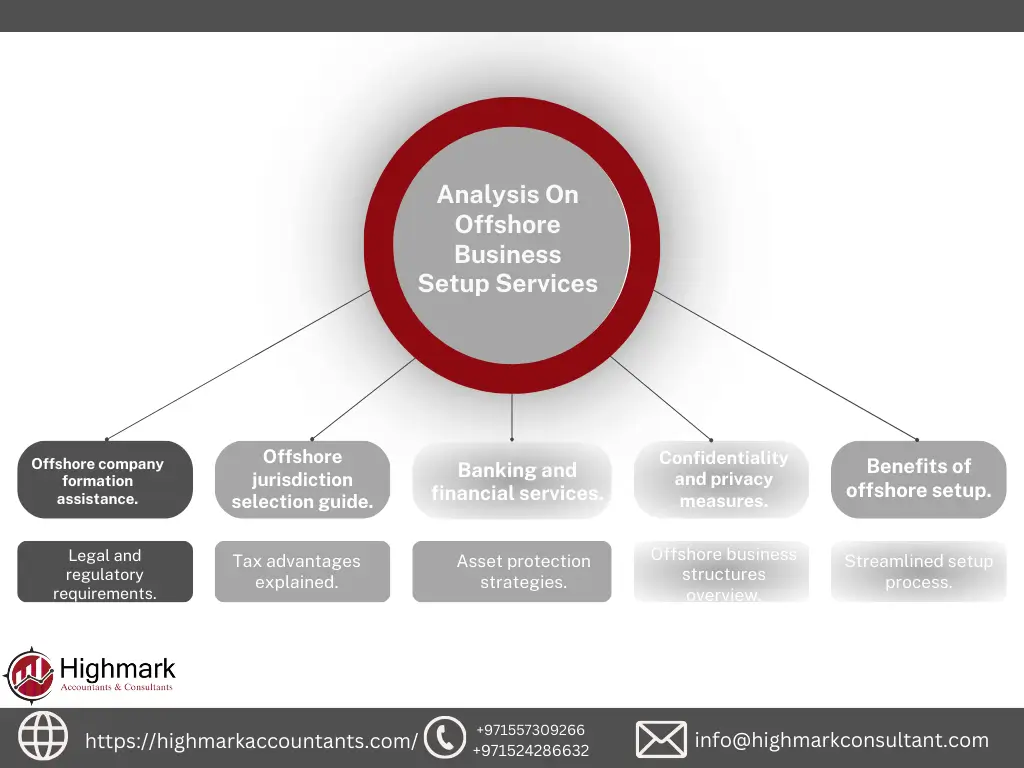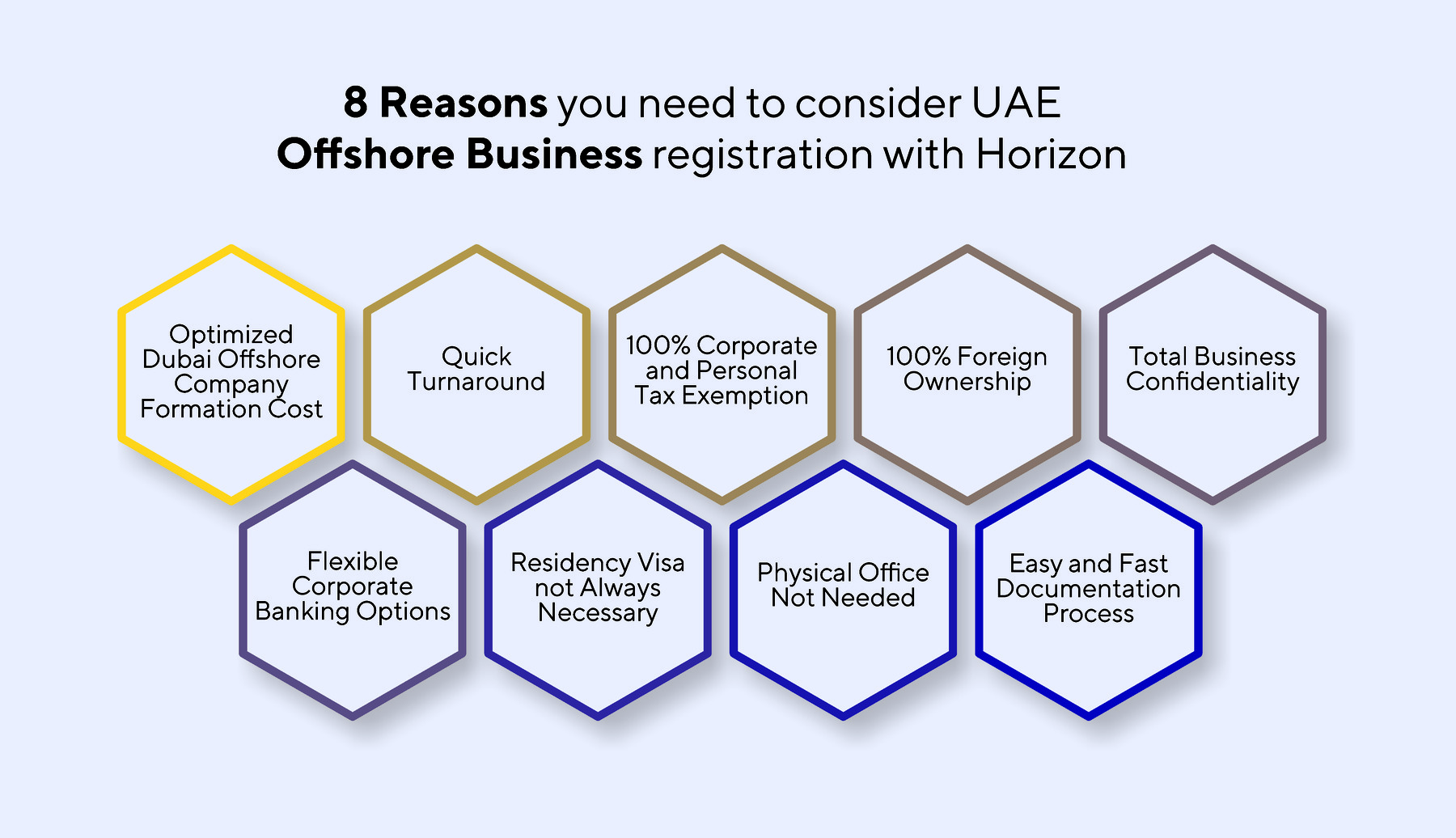Optimize Your Tax Strategy Using Offshore Business Formation for Long-Term Stability
A Comprehensive Overview to Navigating Offshore Organization Formation Efficiently
In the realm of international entrepreneurship, creating an offshore service provides both complex challenges and special opportunities. Picking the ideal jurisdiction is the first critical step, calling for a careful balance of lawful stability, positive tax policies, and financial safety and security. As potential financiers navigate through the complexities of lawful and regulative frameworks, understanding the nuances of each can make a significant difference in the effective facility and durability of an offshore entity. What complies with are necessary considerations and calculated techniques that can help in maximizing the advantages while decreasing the dangers involved.
Picking the Perfect Offshore Territory
When selecting an offshore territory for business formation, numerous essential elements should be taken into consideration to make certain lawful compliance and operational efficiency. Taxation policies are extremely important; some territories offer low or zero tax rates, which can be extremely helpful for profit retention. Nevertheless, one should likewise review the political security of the region to avoid prospective dangers that might affect business procedures detrimentally - Offshore Business Formation.
Moreover, the track record of the jurisdiction can considerably influence the assumption of business internationally. Selecting a jurisdiction with a strong regulative online reputation may assist in smoother service relations and financial deals worldwide. In addition, the convenience of doing organization, consisting of the simpleness of the registration procedure and the schedule of skilled local solutions, need to be evaluated to make certain that the operational demands are supported successfully.
Recognizing Regulatory and lawful Structures

Legal structures in offshore territories are frequently created to bring in international investment through financial motivations such as low tax obligation rates and simplified reporting processes. These benefits can come with rigorous laws intended at protecting against money laundering and monetary fraudulence. Capitalists have to navigate these legislations meticulously to avoid legal mistakes.


Establishing Your Offshore Business Framework
After comprehending the regulatory and lawful frameworks needed for offshore business operations, the following crucial step is to develop the appropriate service framework. Picking the type of overseas firm is critical, as this choice influences administration, obligation, and administrative duties. Common frameworks consist of International Company Corporations (IBCs), Minimal Obligation Firms (LLCs), and partnerships. Each structure offers unique benefits relying on business purposes, such as tax effectiveness, privacy, or versatility in management.
Selecting the appropriate territory is similarly essential. Factors such as political security, legal system, and international relations must be considered to ensure a beneficial and protected environment for business. Popular areas like the Cayman Islands, Bermuda, and Luxembourg offer diverse advantages customized to various company requirements, including durable legal systems and desirable regulative landscapes.
Inevitably, lining up the company framework with directory tactical business goals and the picked territory's offerings is necessary for enhancing the advantages of overseas incorporation.
Handling Compliance and Taxation in Offshore Procedures
Handling conformity and read this article taxes is a critical facet of maintaining an offshore organization. Offshore Business Formation. Making sure adherence to the laws of the host country, as well as worldwide standards, can mitigate legal threats and improve functional legitimacy. Offshore companies must remain informed about the tax commitments and reporting demands in their selected jurisdiction. This includes recognizing the implications of dual taxation agreements and determining whether the service receives any kind of rewards or exemptions.
Local business owner should also invest in durable conformity programs that include regular audits and staff member training to maintain company administration. Engaging with legal and economic specialists who specialize in global service legislation can provide very useful advice and help browse the complexities of cross-border taxes. These specialists can aid in establishing up reliable tax structures that straighten with international practices while maximizing fiscal commitments.
Inevitably, thorough management of compliance and taxes is necessary for making certain the long-lasting success and sustainability of an overseas enterprise.
Final Thought
To conclude, the effective formation of an offshore organization depend upon cautious consideration of territory, lawful conformity, and the suitable company structure. By carefully selecting a secure and favorable atmosphere, understanding and adhering to legal frameworks, and taking care of Resources continuous compliance and taxation, organizations can establish themselves efficiently on the international phase. This critical method ensures not just functional legitimacy however additionally positions the business for sustainable development and long-term success in the worldwide market.
